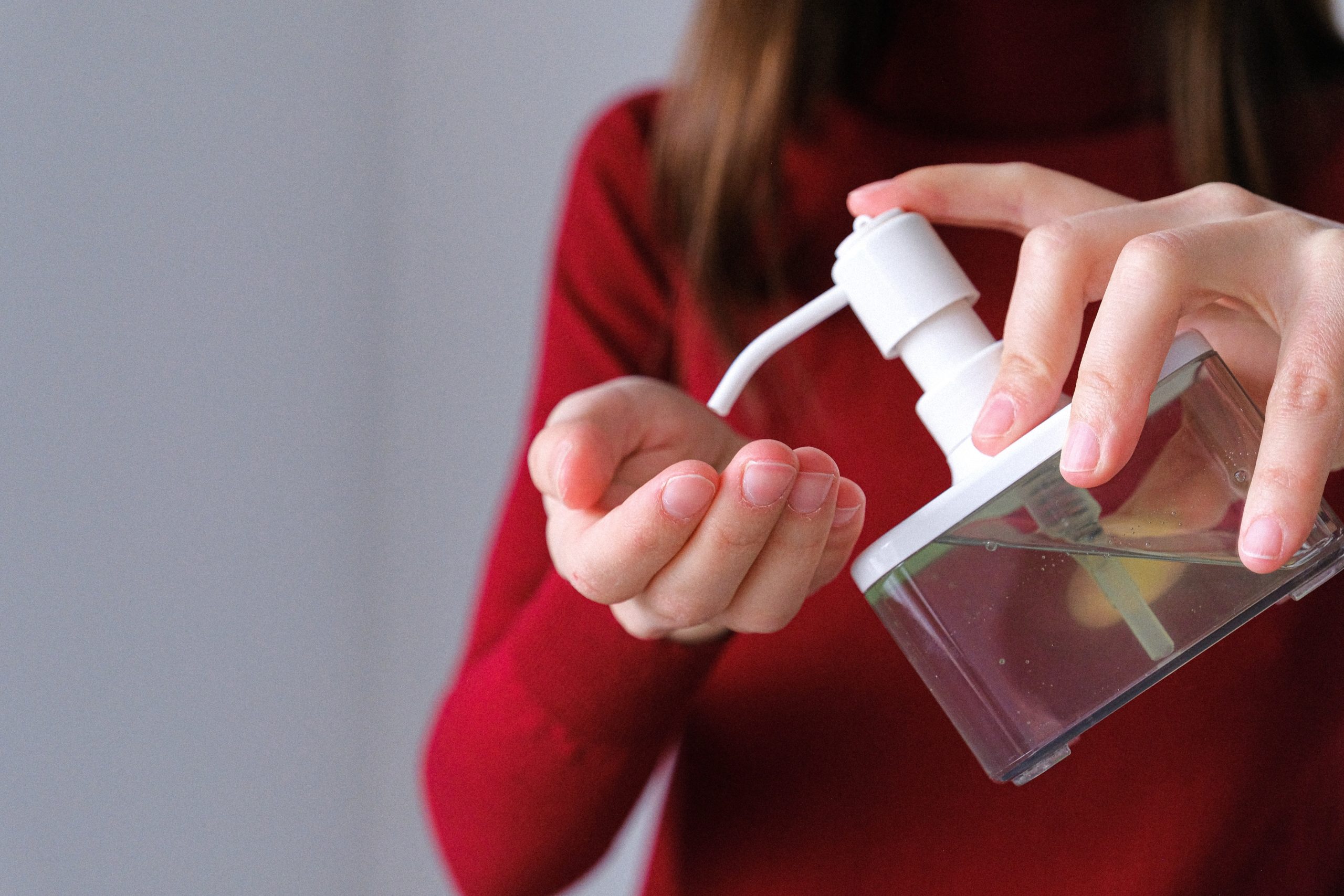What Is Hand Sanitizer Addiction?
It’s been nearly a year now since the COVID-19 pandemic began to spread across the country. One thing that has been a constant throughout this tumultuous period is the call from health officials to wash or sanitize our hands.
Whether in grocery stores, religious centers, schools, or even at home, hand sanitizer is seemingly everywhere in an effort to keep people free from germs.
One place you won’t find hand sanitizer though, is in drug and alcohol addiction recovery facilities and sober living homes. Most hand sanitizers contain at least 60% alcohol. While this is effective at killing germs and keeping hands clean, it can be very tempting for those who are in recovery from addiction to alcohol.
Today, we’ll consider whether or not hand sanitizer can act as a relapse trigger for alcohol addiction.
Alcohol Addiction
Alcohol is the most commonly used addictive substance in the United States.
Millions of people use alcohol with no problem, but the seemingly harmless drink can become a destructive force in people’s lives when used to excess. Almost 18 million people in America will meet the criteria to be diagnosed with an alcohol use disorder during their lifetime.
Alcohol affects everyone differently depending on certain things such as how old they are, how much and how often the drink, their family’s history with alcohol, and how healthy they are.
Effects Of Alcohol
Alcohol can cause both short-term and long-term effects in both the brain and the body of those who use it.
Some of the short-term effects can include:
- Lack of judgement and decision-making skills
- Loss of coordination
- Lowered inhibitions
- Passing out
- Vomiting
In the long-term, alcohol can result in issues like:
- Addiction
- Cancer of the mouth, throat, larynx, liver, and esophagus
- Diminished matter in the brain
- High blood pressure
- Liver disease (hepatitis, fatty liver, cirrhosis, fibrosis)
- Memory loss
Alcoholism
When someone becomes addicted to something, they continue to use it regardless of the consequences. Many people who are addicted to alcohol are well aware of the damage they are doing to their bodies and their lives, but the lure of alcohol is stronger than their desire to be healthy and happy.
Those who face addiction are battling an oftentimes unseen disease, and they need help to combat it.
Alcohol Addiction Relapse
Throughout recovery, people abstain from the substance they are addicted to. They work with their caretakers to alter their behavior and find different ways to cope with life.
However, about 60% of people in recovery from addiction will face relapse.
A relapse occurs when a person leaves the path of recovery and returns to the substance they are addicted to. An alcoholic who has abstained from alcohol for years and quickly falls back into the activity of binge drinking is experiencing a relapse.
Relapses can be the result of many things, but most often they are the result of a trigger in a person’s life. Researchers explain that when it comes to alcohol, there are different categories of relapse triggers. These could include exposure to small amounts of alcohol and exposure to alcohol related environments.
Research shows that people who are dependent upon alcohol are more likely to experience a relapse as the result of an experienced trigger. Alcoholics are more susceptible to triggers, and thus more prone to relapse.
Hand Sanitizer Addiction
It might seem silly to think of hand sanitizer addiction as a relapse trigger for alcoholics, but research shows there is nothing funny about it.
Each year, the Poison Control Center reports thousands of cases of people intentionally ingesting hand sanitizer. The risk is higher in places with at-risk patients, such as mental health facilities, correctional facilities, and substance abuse recovery centers.
The New England Journal of Medicine reports on a 43 year-old alcoholic man who ingested hand sanitizer directly from a wall mounted dispenser in a hospital in an effort to get drunk.
How Can Hand Sanitizer Addiction Be A Relapse Trigger?
Dr. Joseph Bradley is a certified addictionologist. He recently spoke with the NBC affiliate in Las Vegas about his concerns regarding the consumption of hand sanitizer.
He explained that for addicts, even smelling the alcohol in hand sanitizer can be a trigger. Many people will sniff the vapors of the hand sanitizer, and others will lick the sanitizer off their hands.
Dr. Bradley suggests keeping alcohol based hand sanitizer away from alcoholics in recovery. He proposed that washing with soap and water is the best way to stay clean and healthy, and to remain sober.
Hope For Healing
It is important to understand that relapse isn’t the end, but it must be addressed quickly.
If you or a loved one is facing addiction to alcohol, or you are concerned about relapse, please contact us today.
At Landmark Recovery, we are here to help. We offer skilled staff and excellent recovery programs to meet your needs and help you on your path to recovery from addiction.
Call us at 888-448-0302 to learn more about our treatment option

Choose Recovery Over Addiction
We're here 24/7 to help you get the care you need to live life on your terms, without drugs or alcohol. Talk to our recovery specialists today and learn about our integrated treatment programs.
About the Author
Landmark Recovery was founded with a determination to make addiction treatment accessible for all. Through our integrated treatment programs, we've helped thousands of people choose recovery over addiction and get back to life on their own terms. We're on a mission to save one million lives over the next century. We encourage all those struggling with substance use to seek professional help.




